As Morocco grants legacy farmers licenses to farm cannabis, Albania presents a second draft law that would implement a medical GMP market with high barriers to entry, Central and South American countries move forward on full reform and Joe Biden announces, just before US midterms, that non-violent federal cannabis offenders should be released
It was a big week for cannabis legalization progress this week, but so far, most of these developments appear to have a whiff of the mistakes of the past. So as Halloween hangs in the air, it appears that cannabis legalization globally is entering a spooky new territory. Namely, it is very clear that full legalization is happening on a global scale, but many if not most of these models have significant issues and not are not created equally. As a result, even after full legalization, there are likely to be many fights afoot.
This also means that while the first hurdle is rapidly being broached, it is very clear that there is going to be further turbulence over implementation, regulations, and what all of this revolutionary change actually means in the very near future.
This trend can clearly be seen in the top four cannabis stories this week, from various parts of the world.
Albania’s Second Draft Legalization Bill Released
Albania, known for its large illegal cannabis cultivation and its expat nationals in involvement with violent criminal gangs all over Europe which engage in illegal drug trafficking, wants to create its own version of legalization. The second draft bill to regulate domestic cultivation and processing has now been released.
Rather tragically, however, the bill seems to create the same small, elite circle of reform that is increasingly seen elsewhere as only adding to the problem, not solving it. Namely, the new draft language states that those who want to cultivate legally must hold a similar license in another OECD country and have a GMP certification from the European Medicines Agency or the American Food and Drug Administration.
This seems to be a highly cynical attempt to attract North American producers who are also largely broke right now due to massive expansions and subsequent write-downs and “reorganizations.”
The previous draft of the bill, released in July, contained language that would grant licenses for 15 years with a right of renewal.
This does not spell great news for Albania. This model has already proven to be a massive failure in Germany. Beyond this, there are almost no GMP licenses in the US.
It is not clear what the Albanian government wants to achieve, except reap money from licensing fees, but that is, tragically, the story of legalization so far, everywhere, and it is clearly not working – either to establish a sustainable industry or wipe out the black market.
US President Joe Biden Advocates for Leniency and Hints at Federal Legalization
Just before not only the Day of the Dead but more importantly, the US midterms, US President Biden pardoned all prior federal non-violent cannabis offenders. More importantly, he also urged governors to follow his lead, which means that state-level offenders would also be given some relief. There are currently no federal prisoners serving time for simple possession charges, however, it is expected that about 6,500 people will be able to have their records expunged. When enacted on a state level, which will take some time, this is expected to affect far more people.
While a significant step short of federal decriminalization, it clearly indicates that the issue of federal reform is one that cannot just be booted down the road much longer.
It is also a highly cynical, if not widely expected development at a time when other countries, including in Europe, are moving to enact full legalization, starting with Germany, the fourth largest economy in the world.
There is still no real impetus to reschedule cannabis on a national level, although this is clearly that much closer as more and more US states decide to legalize the plant. Five states have the issue on the ballot in front of voters in November, including Arkansas, Maryland, Missouri, and both North and South Dakota. Oklahoma had planned to put this on the ballot; however, the state is likely to move forward in the next year to amend its own laws.
Reform Moving in Costa Rica and Columbia
South of the Rio Grande, in Costa Rica, several presidents seem to have just slightly predated Biden’s own cannabis-themed October surprise.
President Rodrigo Chaves Robles called for domestic lawmakers to fully legalize cannabis and sent a reform bill to the Legislative Assembly. This is occurring only seven months after the country enacted medical cannabis reform.
The day before, on Tuesday, President Gustavo Petro called for an international collaboration to end the Drug War after a legislative committee approved a cannabis legalization bill. Petro has also called for a release and pardon of people in prison for cannabis-related offenses.
Morocco Grants Licenses to 10 Legacy Farmer Collectives
In perhaps the brightest light this week, on Tuesday, the northern African country of Morocco awarded ten licenses for the processing, marketing, and export of cannabis for medical, cosmetic, and industrial purposes. Farmers who organize into cooperatives in the mountainous regions of Al Houceima, Taounat, and Chefchaouen will be allowed to grow cannabis for these purposes.
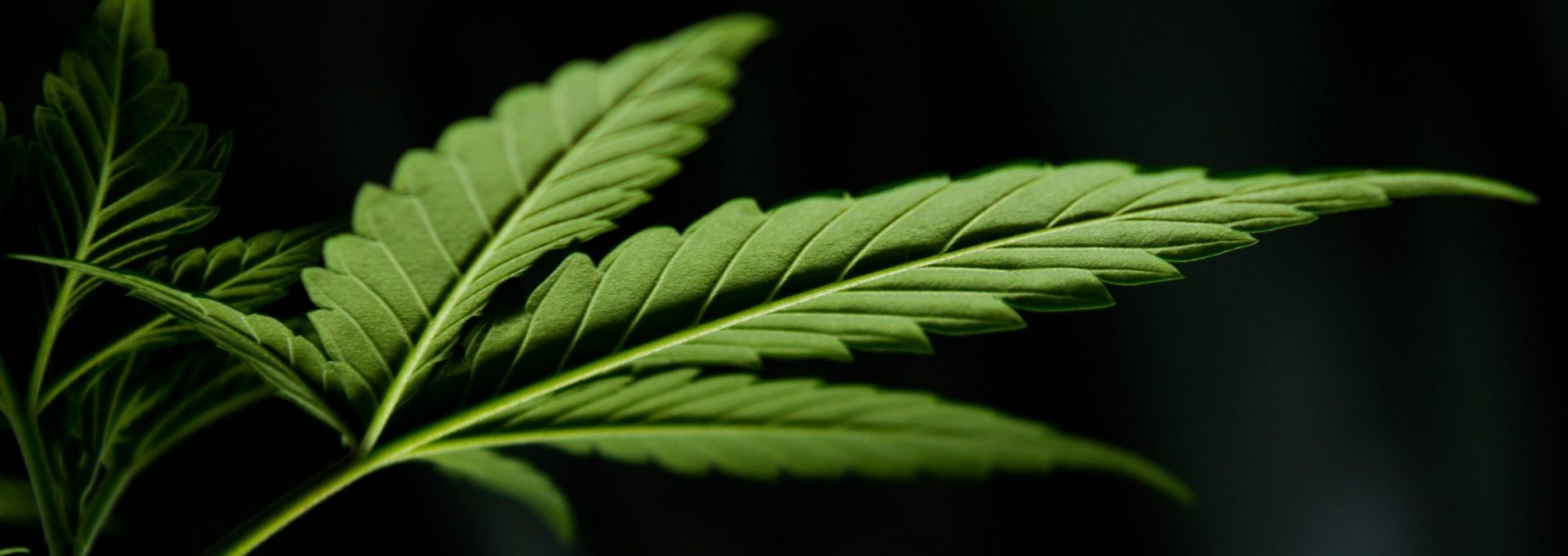

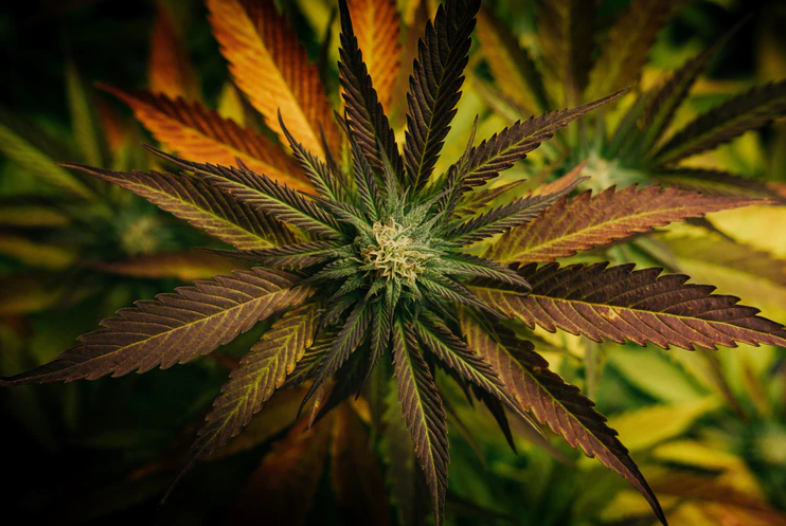
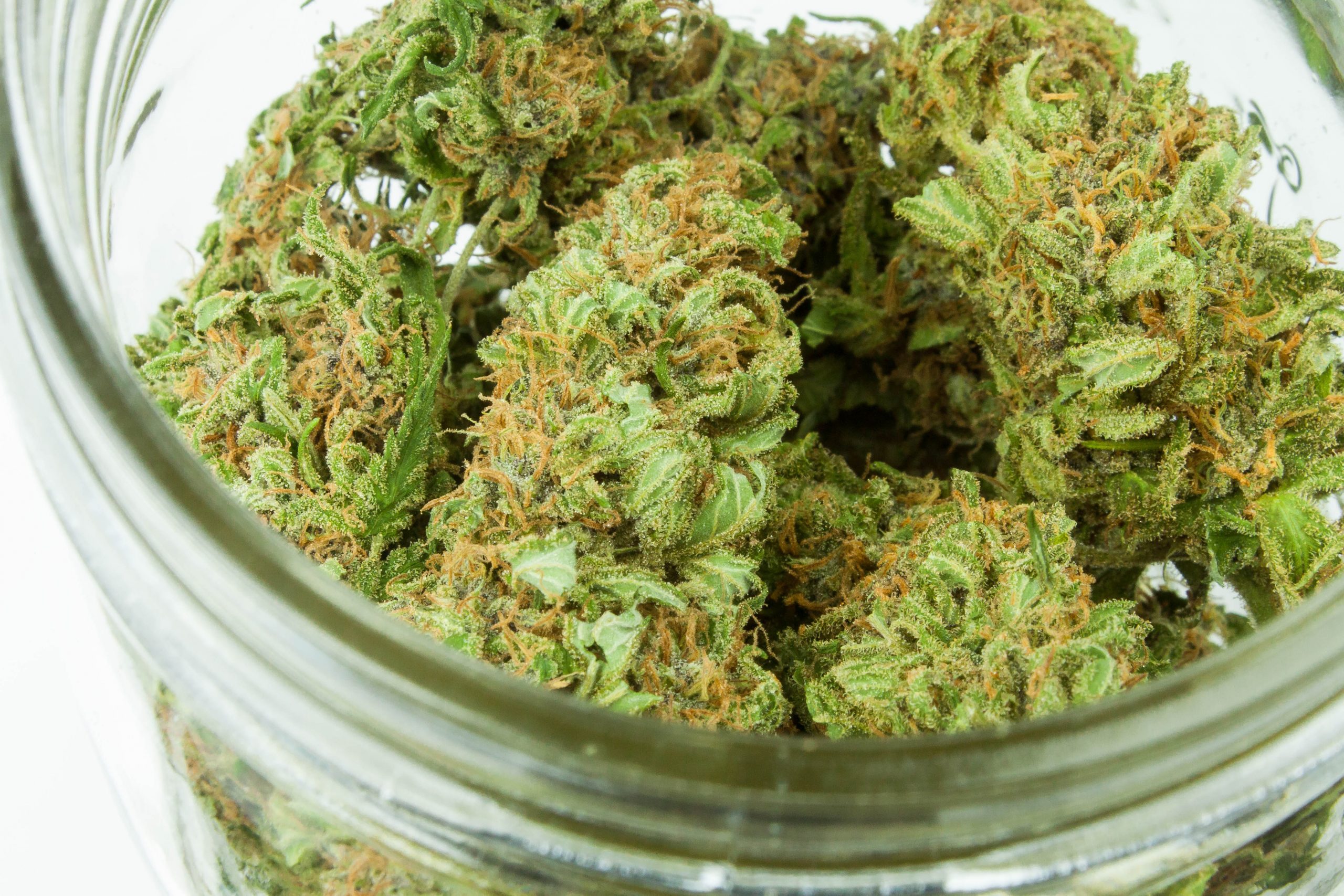
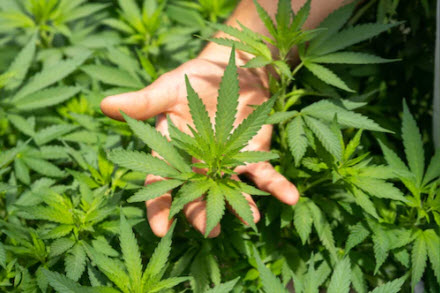
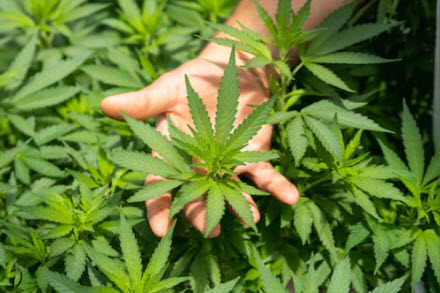




[…] explosion of diversity within the medical flower market for those with the ability to pay right as recreational reform hopefully becomes law in multiple European countries now on Germany’s heels (see Luxembourg, Malta, the Czech Republic […]